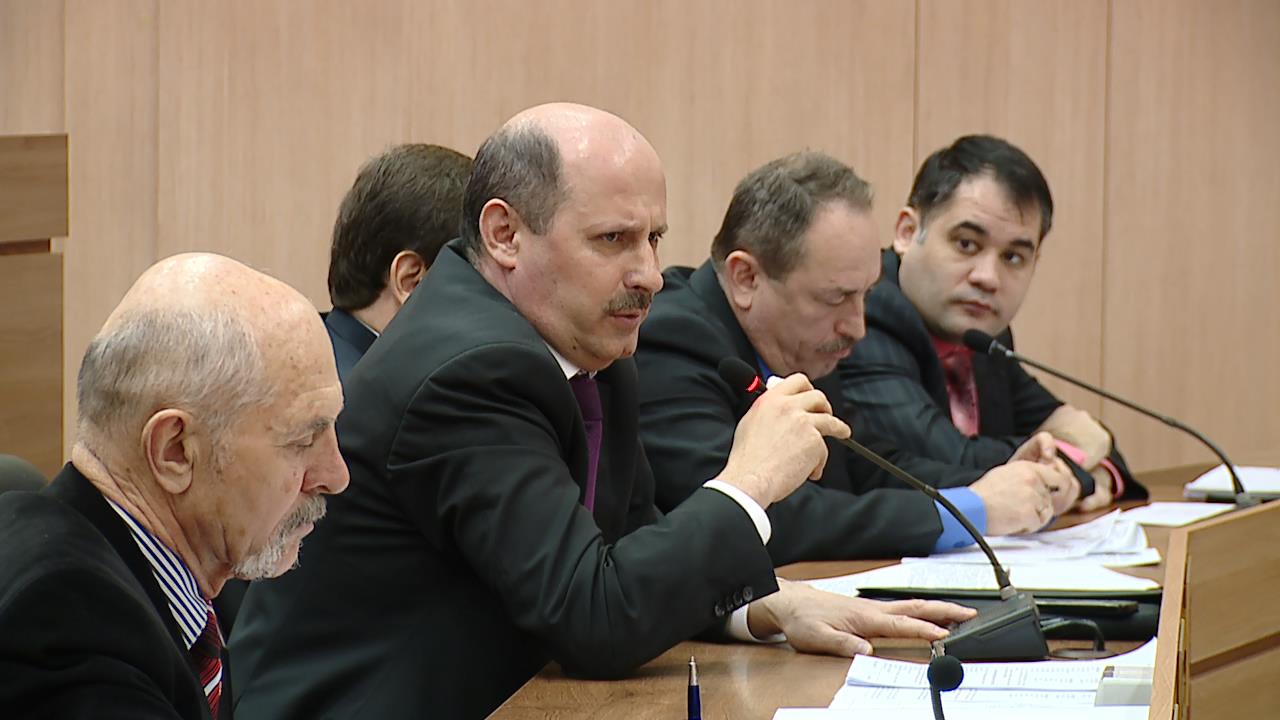Tiraspol, 21 March. /Novosti Pridnestrovya/. The Supreme Council's committee on economic policy, budget and finance has discussed the government's anti-crisis package. The committee members have declared for the approval of the package on first reading but doubted the efficiency of the proposed measure.
The anti-crisis package includes more than ten proposals aimed at enhancing socio-economic relations in the country. Among them is an amnesty for individuals and legal entities, as well as building and banking amnesties for 2016.
The draft law provides for a 10% cut in income tax rates for the manufacturers who employ domestic raw materials and sell their goods in the country. Besides, it is planned to halve the rate of a single social tax — from 25% to 12% - for the companies that create jobs.
The bill also highlights the need to provide long-term concessions of development land.
The most important anti-crisis proposal is the temporary expansion of the list of goods with a limited markup. The bill allows the Price and Antimonopoly Committee to fix prices, marginal levels of profitability and markups for the food products that are not on the list of socially important products, but are first necessity products: sugar, beef, pork, chicken, fish and others (10 items altogether).
It is the law’s provision on markups that has provoked most of debates between the committee and government representatives.
According to the government, markup control will protect the interests of the population and prevent prices hike. It is noted that the devaluation of national currencies in Ukraine and Moldova, from which Pridnestrovie imports 60% of its food products, has resulted in a drop in prices as compared to Pridnestrovie (where the rouble's value has not changed). However, Pridnestrovie's biggest retail chains have not reduced prices for import food products, although wholesale purchases in Ukraine and Moldova have become cheaper.
According to the State Customs Committee (SCC), the purchasing price for 1 kg of import potatoes is 2 roubles, whereas its retail price amounts to 4.8 roubles (140% margin). Another example is the purchase of import sugar, which is bought at 5.5 roubles per kg and sold by retailers at 8.4 roubles (with a margin of over 50%).
Government representatives are sure that passing the bill will enable the state to prevent a markup for sugar, basic vegetables, fish, meat, tea, dairy products from exceeding 30%.
The committee members doubted the appropriateness of introducing the proposed form of price control. According to them, it is not retailers' markup that have caused high prices for import products, but high barrier duties (introduced to support domestic manufacturers). The committee members believe that the government's control «will do more harm than good».
However, the people's deputies are going to recommend their colleagues to approve the government's anti-crisis package and further elaborate it. The bill will be given full-scale consideration at a regular session of the Supreme Council.
Similar draft laws were submitted to the parliament in 2015, but were rejected. However, the Ministry of Economic Development continued to work on the bill and presented its modified version at the government's meeting on 18 February 2016. On 5 March, the president submitted the law «On some additional governmental measures aimed at minimising negative impacts caused by outer economic factors» to the Supreme Council.








